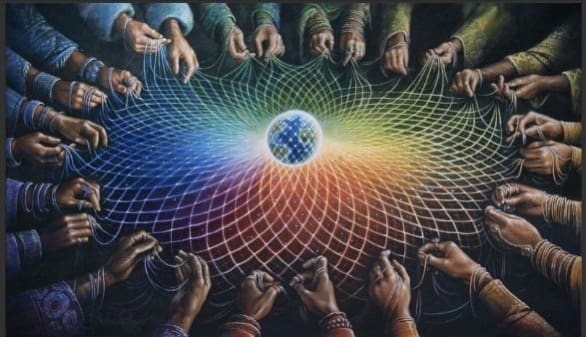Exploring the Depths of Collective Consciousness
As of late, understanding the intricacies of human consciousness has become a subject of profound intrigue. The concept of the collective consciousness delves into the shared experiences, beliefs, and values that bind humanity. Let’s embark on a journey to explore this fascinating phenomenon and its significance in our lives.
The Essence of Collective Consciousness
Collective consciousness refers to the sum of shared beliefs, attitudes, values, and knowledge held by a group of individuals. It transcends personal thoughts and feelings, representing a societal or cultural mindset. This shared understanding molds behavior, actions, and societal norms, influencing the trajectory of our world.
Historical and Cultural Dimensions
Throughout history, collective consciousness has shaped societies and cultures. From ancient civilizations to modern societies, shared values have laid the foundations for social unity and progress. It’s the driving force behind movements for social justice, advancements in technology, and the formation of moral codes that govern societies.
The Digital Age and Connectivity
In today’s interconnected world, the concept of collective consciousness has taken on a new dimension. The rise of the internet and social media has amplified our ability to share ideas and beliefs instantly across the globe. This digital connectivity has both accelerated and diversified the formation of collective consciousness.
Influence of Media and Information
Media plays a pivotal role in shaping collective consciousness. The way news is presented, the narratives constructed, and the information disseminated can greatly influence public opinion and societal attitudes. Understanding this influence is crucial in maintaining a balanced and informed collective consciousness.
Nurturing a Positive Collective Consciousness
Creating a positive collective consciousness necessitates fostering empathy, understanding, and open dialogue. It requires active participation, critical thinking, and a willingness to challenge prevailing notions when needed. Education, social initiatives, and promoting diversity can contribute to a collective consciousness that celebrates unity amid diversity.
Conclusion
The concept of collective consciousness is a powerful lens through which we can analyze the intricacies of human society. By understanding and nurturing a positive collective consciousness, we can cultivate a more harmonious and inclusive world. Let us strive to recognize the impact of our shared beliefs and work towards shaping a collective consciousness that embraces empathy, understanding, and progress.

